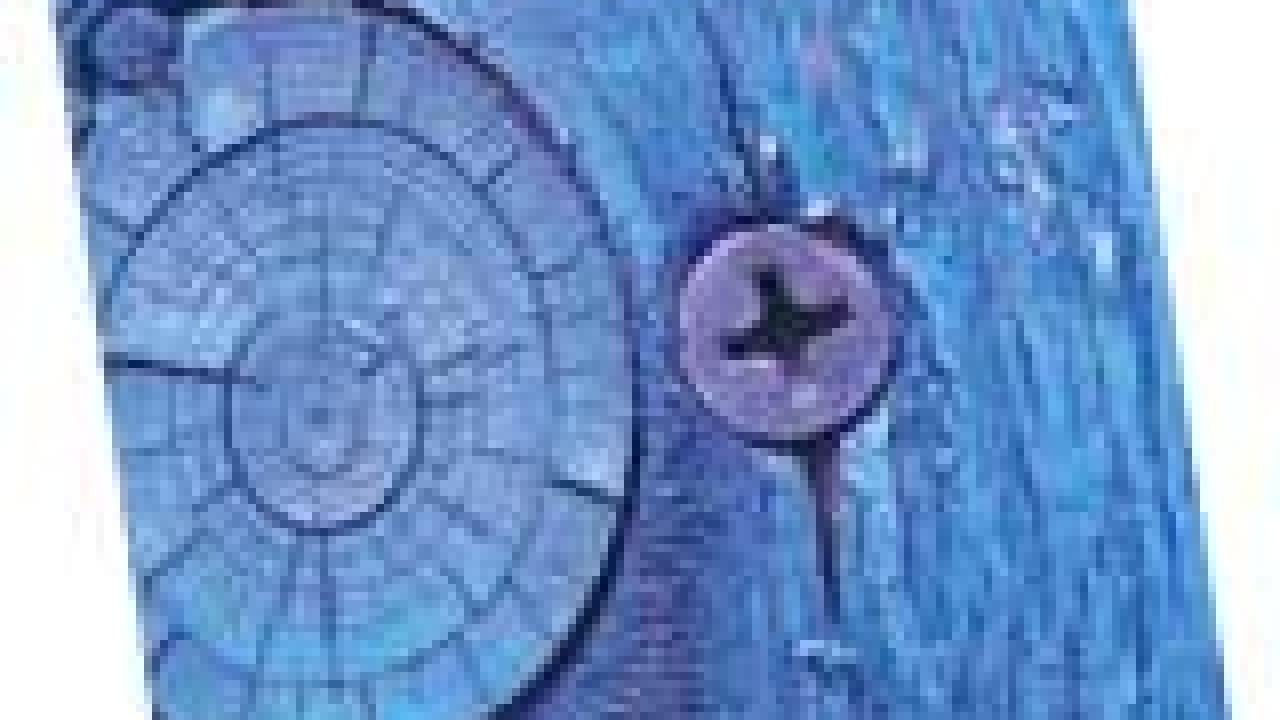Economics, history and the evolution of life are governed by the same underlying principles, implying predictable trends in all three areas, according to a new book by Geerat Vermeij, distinguished professor of geology at UC Davis.
In "Nature: An Economic History" (Princeton University Press) Vermeij argues that competition for resources and the disproportionate success of stronger competitors drive both economic and evolutionary change. Human history and the history of life move in the same general direction: toward larger, more powerful actors that dominate their environment and its resources. But these large, dominant groups are also more vulnerable to sudden disruptions.
Vermeij studies the shells of marine animals both living and long extinct. Blind since childhood, he works entirely by touch. His work on how shelled animals evolve to resist predators or attack their prey led him initially to questions about the "arms race" between groups of humans, and then to a wider perspective on how societies change and grow.
"Whether our field is natural history, human history, evolutionary biology or economics, we grapple with similar phenomena, with growth and decline, competition and cooperation, economic inequality and the disproportionate influence of the rich and powerful," he writes in the preface to the book.
Human society is still following rules established billions of years ago, and nothing suggests that we can change that direction, Vermeij said. But our ability to anticipate and learn may help us to find ways to survive without destroying our environment and ourselves.
Vermeij received his bachelor's degree from Princeton University and a master's and Ph.D. from Yale. He is a past recipient of a MacArthur and a Guggenheim fellowship. He has authored over 160 scholarly publications and five books, including his autobiography, "Privileged Hands: A Scientific Life," published in 1996.
Media Resources
Andy Fell, Research news (emphasis: biological and physical sciences, and engineering), 530-752-4533, ahfell@ucdavis.edu
Andrew DeSio, Princeton University Press, (609) 258-5165, andrew_desio@pupress.princeton.edu
Geerat Vermeij, Geology, 530-752-2234, vermeij@geology.ucdavis.edu
